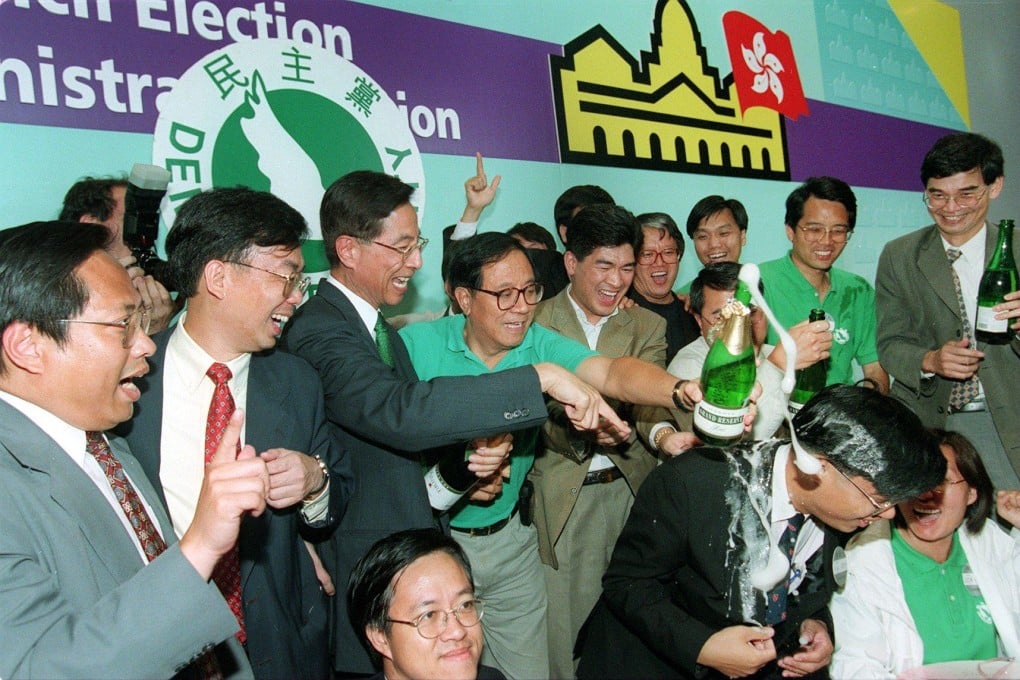Tracing the rise and fall of Hong Kong’s Democratic Party, now facing oblivion
From being largest opposition party, it can now barely raise funds as it struggles to stay relevant in post-national security law era, leaders admit

In reality though, the party has been a pale shadow of its former self for several years now, riding on a reputation built in the past and reeling from the effects of a drastically changed political environment. Still, the psychological impact of its demise would be grave, observers said.
It has not been in the Legislative Council since 2021, snubbing the election that year as it found it humiliating to seek the endorsement of former opponents in the pro-establishment camp. The changed election rules require all candidates to get at least 10 nominations from the election committee – controlled by the patriotic camp – before they can run and even then they will need to be vetted by another committee.
As it stood on the sidelines of a political landscape in which only patriots can be lawmakers, the party has struggled to find its footing and relevance.
While the party will take some time to get the backing of its 400 members to cease operations, for many observers the end was an inevitable outcome given the decimated ranks of the opposition and political climate that is unconducive to vibrant debate.
The party has also not been able to raise funds as residents and business groups make a wide berth for fear of breaking the national security law, a fear it has been unable to shake off, members admit privately. Lacking the financial wherewithal has stymied its outreach.
The European Union was among those that spoke out after the news broke, warning of a narrowing space for civil society, after the city’s patriots said the planned dissolution was “self-inflicted” and argued the opposition group played a major role in the 2019 protests.